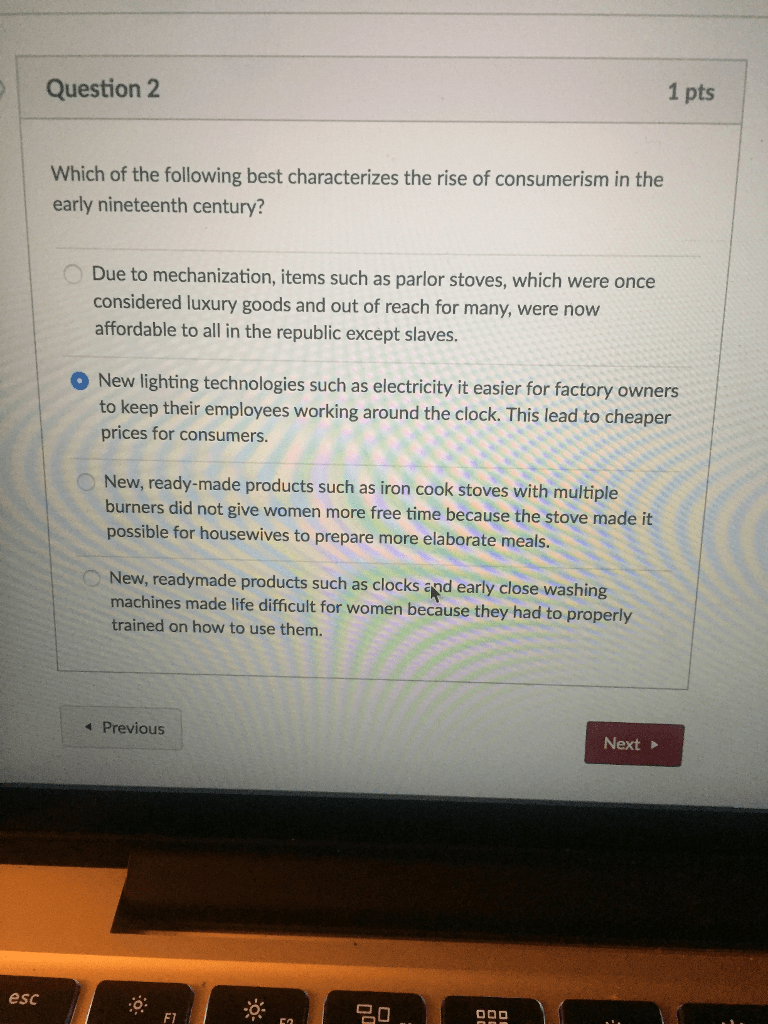A Deep Dive Into Its Definitions
Foraging is a practice that has been integral to human survival for millennia, encompassing a range of activities that involve searching for and gathering food from the natural environment. Understanding the nuances of foraging can illuminate its significance in both historical and contemporary contexts. As society shifts towards more sustainable practices, foraging has garnered renewed interest, prompting questions about its definition and implications. In this exploration, we will dissect what precisely characterizes foraging, helping to clarify its role in our lives today.
The concept of foraging goes beyond mere food gathering; it is an art and science that intertwines the knowledge of nature with the human instinct to seek sustenance. This practice is not only about collecting edible plants, fruits, and fungi but also involves an understanding of ecosystems, seasonal changes, and the sustainability of resources. By examining various definitions and interpretations, we can better appreciate the multifaceted nature of foraging and its relevance in our modern world.
As we embark on this journey to discover "which of the following definitions best characterizes foraging? a.", we will delve into the history, techniques, and cultural significance of foraging. From ancient traditions to present-day practices, the act of foraging has evolved, yet its core essence remains unchanged. Join us as we unravel the layers of this timeless activity and explore the questions that arise in understanding its true meaning.
What is Foraging?
Foraging, at its core, refers to the act of searching for and collecting food resources from the wild. This can include a variety of activities such as hunting, fishing, and gathering plants. The practice of foraging is rooted in the survival strategies of our ancestors, who relied on their knowledge of the landscape to find sustenance. However, foraging has transcended mere survival; it has become a cultural practice that connects individuals to their environment.
How Did Foraging Evolve Over Time?
Historically, foraging played a crucial role in the lives of hunter-gatherer societies. These communities depended on their ability to identify edible plants and track animal movements. As agricultural practices emerged, foraging began to decline as a primary means of obtaining food. Nevertheless, it has experienced a resurgence in recent years, as people seek sustainable and organic food sources.
Which of the Following Definitions Best Characterizes Foraging? a.
To understand the essence of foraging, we must consider various definitions that encapsulate its practice. Some common interpretations include:
- Gathering wild plants and mushrooms for food.
- Hunting and fishing for sustenance.
- Engaging with nature to seek out edible resources.
Each of these definitions highlights different aspects of foraging, but collectively, they underscore the importance of nature in our food systems.
What Techniques Are Involved in Foraging?
Foraging requires a blend of knowledge, skills, and awareness of the environment. Some essential techniques include:
- Identifying edible plants and their poisonous counterparts.
- Understanding seasonal availability of different species.
- Using tools such as foraging knives or baskets for collection.
- Practicing sustainable foraging to ensure ecological balance.
These techniques are vital for anyone interested in foraging, as they ensure safe and responsible gathering of food resources.
What Are the Benefits of Foraging?
Foraging offers numerous benefits that extend beyond just obtaining food. Some of these benefits include:
- Enhancing connection to nature and the environment.
- Promoting physical activity and outdoor exploration.
- Encouraging sustainable practices and biodiversity.
- Providing access to unique flavors and nutritional benefits.
Engaging in foraging can be a rewarding experience that fosters a deeper appreciation for the natural world.
Which of the Following Definitions Best Characterizes Foraging? a. How Can One Get Started?
For those looking to dive into the world of foraging, there are a few steps to consider:
Starting your foraging journey can be both exciting and educational, opening up a world of exploration and culinary opportunities.
Are There Risks Associated with Foraging?
While foraging can be an enriching experience, it is not without its risks. Some potential dangers include:
- Misidentifying poisonous plants or fungi.
- Contamination from pesticides or pollutants.
- Legal restrictions on foraging in certain areas.
Awareness and education are crucial in mitigating these risks and ensuring a safe foraging experience.
Final Thoughts on Foraging
In conclusion, foraging is a practice that beautifully intertwines our connection to nature with the sustenance we seek. By exploring "which of the following definitions best characterizes foraging? a.", we gain insight into its multifaceted nature and significance in our lives. Whether as a means of survival, a cultural practice, or a sustainable food source, foraging invites us to engage with the natural world in profound ways. As we continue to navigate our relationship with food and the environment, foraging stands as a testament to our enduring bond with nature.



ncG1vNJzZmixn6PAtr7IZqWeq6RjsLC5jq2pnqaUnruogY6wn6KbmGK8p3nToZxmnp%2BhubDDyKeeZpyVm7avtdOipqerXZeytMCMnJ%2BaqpGYwaa%2ByLOcrGWWpL%2Bis8innmaZXp3Brrg%3D